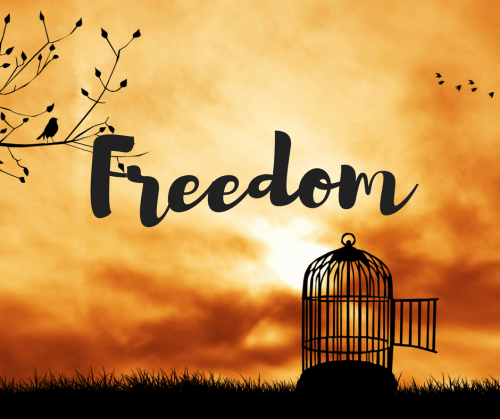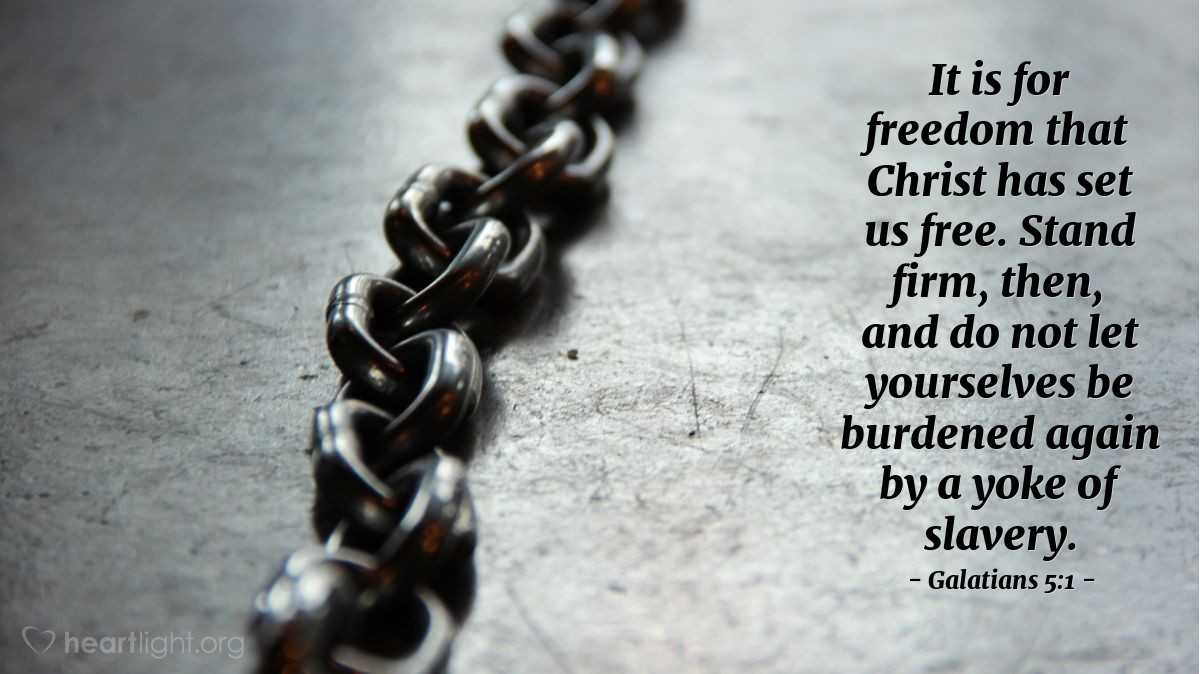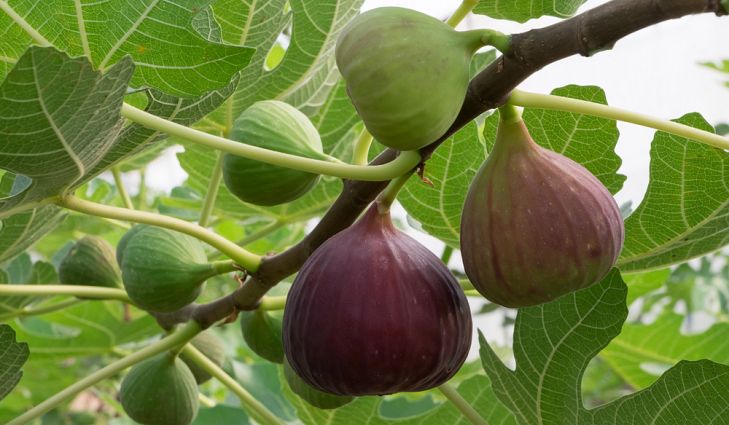Reflection on Freedom: theme in Paul’s letters to Colossians and Philippians
At the end of his famous “I Have a Dream” speech, delivered on the steps of the Lincoln Memorial in 1963, civil rights activist Dr. Martin Luther King, Jr. alludes to the apostle Paul’s words in Galatians 3:28: “There is no longer Jew or Greek, there is no longer slave or free, there is no […]



